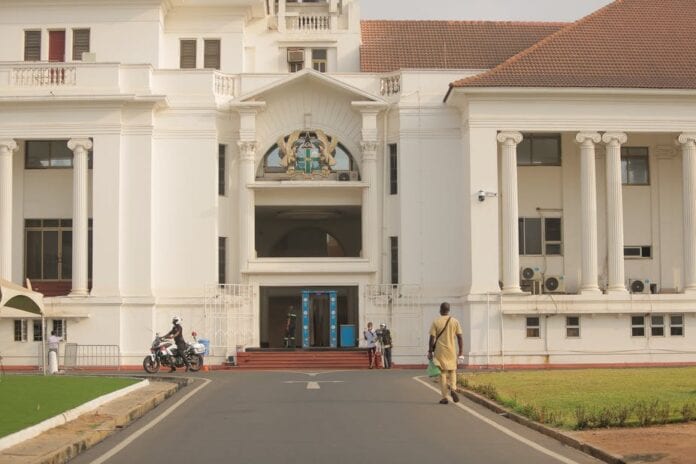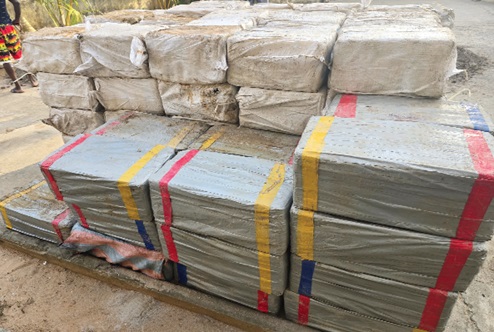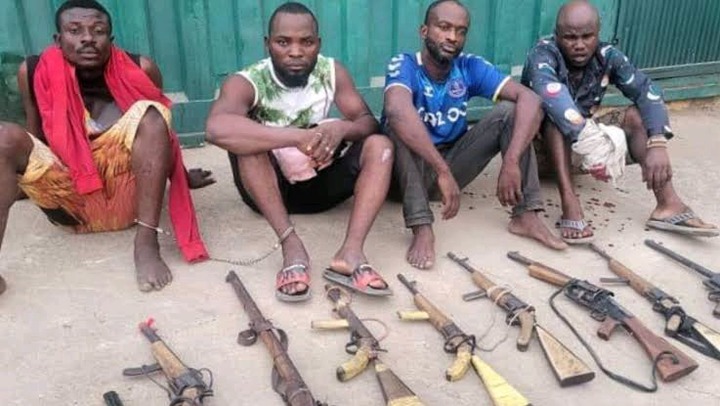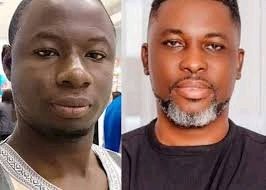
The Accra High Court has sentenced six individuals, including three soldiers, to death by hanging for their involvement in a plot to overthrow the incumbent government.
The convicted individuals are Donya Kafui, Bright Alan Debrah, Johannes Zikpi, Leading Aircraftman (LAC) Ali Solomon, Corporal Sylvester Akankpewon, and Warrant Officer Class Two (WOII) Esther Saan Dekuwine.
The court, comprised of Justices of the Court of Appeal Hafisata Amaleboba and Stephen Oppong, and presided over by Mrs. Afia Serwaa Asare-Botwe, found these individuals guilty of high treason after a detailed trial. The prosecution presented evidence that demonstrated their active participation in planning and preparing for the coup.
Conversely, Assistant Commissioner of Police (ACP) Dr. Benjamin Agordzo, Colonel Samuel Kojo Gameli, and Corporal Seidu Abubakar were acquitted and discharged after the court concluded that the prosecution failed to prove their involvement beyond a reasonable doubt.
ACP Dr. Agordzo and Colonel Gameli had faced charges of abetment of crime related to high treason, while Corporal Seidu Abubakar was charged with conspiracy to commit high treason. All three denied the charges.
The court ruled that ACP Dr. Agordzo was not involved in the executive WhatsApp group of the Take Action Ghana (TAG) organization, which was central to the coup plot.
The GHC2,000 he gave to the late Dr. Mac-Palm, the alleged mastermind of the plot, was intended for TAG’s medical outreach and not for the overthrow of the government. Similarly, phrases like “big bang” and “Arab Spring” used by Agordzo were found to be taken out of context and did not imply violent intent.
In Colonel Gameli’s case, despite his recorded knowledge of Dr. Mac-Palm’s activities, there was no sufficient evidence presented to the court to prove his involvement in the coup attempt. Likewise, there was no conclusive evidence against Corporal Abubakar to support the charge of conspiracy to commit high treason.
However, the court found substantial evidence against the six convicted individuals. Bright Alan Debrah was identified as a key recruiter for the coup, tasked by Dr. Mac-Palm with enlisting others and organizing meetings to discuss weapon acquisition and other logistics.
He was also captured in videos discussing the use of improvised explosive devices on key government officials during a function.
Donya Kafui was involved in the manufacturing of the locally made weapons and explosives, while Johannes Zikpi was convicted based on his confession statement regarding his role in securing communication gadgets to disrupt radio and telecommunication networks.
WOII Esther Saan Dekuwine, a TAG executive, attended meetings and facilitated the plot by recruiting soldiers, seeking unpaid allowances for them, and showing awareness of the coup plans.
LAC Ali Solomon and Corporal Sylvester Akankpewon were both active participants in the meetings and planning sessions, discussing roadblocks, routes, and allowances for participants.
The court’s nearly four-hour judgment highlighted the grave nature of the plot and the meticulous planning involved. The convicted individuals were swiftly taken away under heavy security to await their punishment.
The prosecution team, led by Attorney General Godfred Yeboah Dame and supported by Mrs. Yvonne Attakorah Obuobisa, Director of Public Prosecution, and Mr. Alfred Tuah, Deputy Attorney General, presented a strong case with evidence including improvised explosive devices, locally made guns, maps of targets, and WhatsApp conversations detailing the plot.
This case marks the first high treason trial in Ghana since the overthrow of the late Dr. Kwame Nkrumah in 1966. The 1992 Constitution of Ghana strictly prohibits attempts to overthrow the government, making such actions punishable by death. Despite this, the death penalty has not been carried out since the constitution’s inception.
Source: tigpost.co




